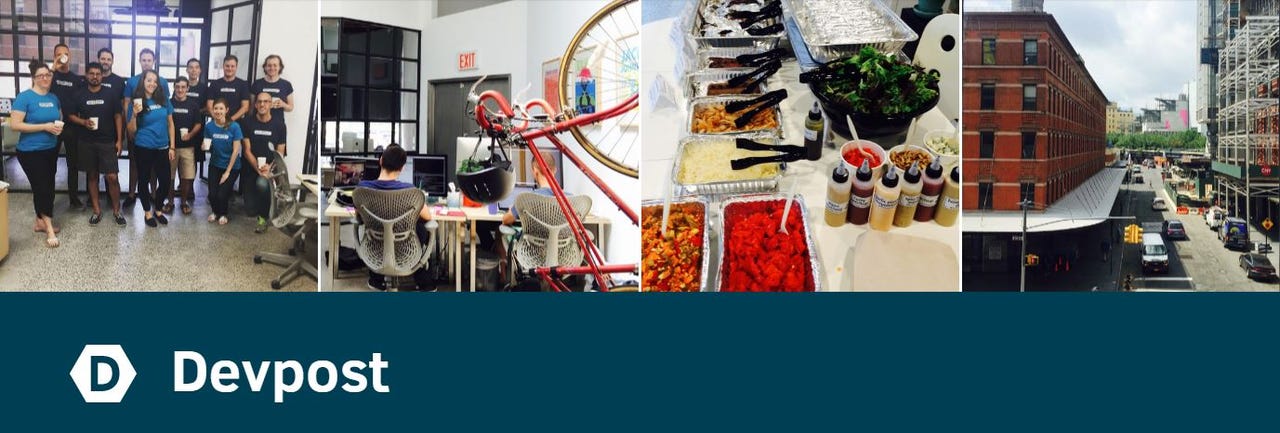Student developers expect $70-150K to start, but recruitment is broken: Devpost


In the USA, a majority of student developers expect starting salaries of $70,000 to $150,000 a year straight out of school. However, they say it's hard for them to find the right information about potential employers, according to a Devpost survey of more than 1,700 students at 80 hackathons. (The numbers don't include the type of student who never attends hackathons.)
According to Brandon Kessler, Devpost's CEO, student developers don't appreciate job descriptions translated into HR speak. "If you really want to recruit developers, that information has to come from developers," Kessler says.
As a result, many student developers are job-hunting at hackathons, or getting jobs via internships.
The starting salaries sound high, but reflect supply and demand. Kessler says "there are 1.2 job listings for every employed developer in the United States."
The starting salaries also reflect the sums that student developers can earn as summer interns at leading tech companies. According to a crowd-sourced report by Rodney Folz, interns can earn up to $10,400 a month, with an extra $10,000 for relocation and housing costs. Many top companies are reportedly paying between $6,000 a month (Amazon) and $8,000 a month (Facebook), with Google ($6.6k/m), Apple ($6.7k/m) and Microsoft ($7.2k/m) in-between.
An intern on $6,000 a month is already getting the equivalent of $72,000 a year.
To be fair, a significant proportion of student developers - more than 25 percent - only expect to start on $50,000 to $70,000, and almost 20 percent expect less than $50,000 a year. (See table below.)
According to Devpost's survey, students identified three key problems with recruiting: lack of information about desirable job opportunities; job applications that don't represent them effectively; and interviews that are stressful and unproductive.
A quarter said that behavioral and technical interviews were their least favorite part of the process. Some 65 percent of these student developers said they'd prefer a take home coding project rather than a technical interview.
In a telephone interview, Kessler told ZDNet that student developers want to be judged by their work, "such as the projects they're building in hackathons, and other software that they're building, rather than coding theory."
So, in their resumes, these student developers want to highlight their projects and their passions rather than their educational achievements or which college they went to.
Kessler says: "There are plenty of companies who focus on the top schools, in terms of ranking and so on, but I think you're seeing a general opinion among software developers that it's not where you went to school - or, frankly, whether you went to school - but about what you've built, the experience you have, and your passions and personality."
This is reflected in the fact that 68 percent of the student developers in the survey say they have looked for jobs at hackathons. This isn't surprising because the surveys were done at Devpost hackathons, thereby excluding all the students who never go to them. Either way, Devpost's business is running college, high school, civic and even online hackathons, and Kessler claims they are "a fantastic way to meet student developers and see what they've built."
Kessler says he is now beta testing "team pages" as a way of hiring developers - starting in New York, where Devpost is based. Team pages provide a way for the hiring company's developers to explain their approach and interact directly with job seekers.
"Job listings and career sites are failing," says Kessler, "and the jobs market is broken. We believe there's a tremendous opportunity to improve that with a product that gives developers an insight into what it's like to work at these companies. They can see who the people are, what the culture is like, what they would learn, whether they could make an impact - all of the things that they can't really evaluate from job listings and careers pages."
At the time of writing, 19 companies are offering jobs on team pages, including Meetup, Digital Ocean, Behance, Blue Apron and Devpost itself.